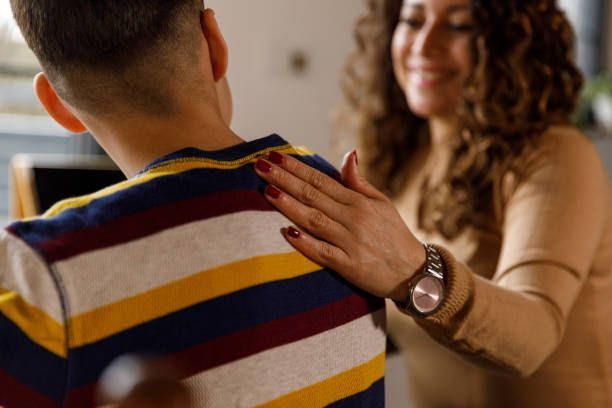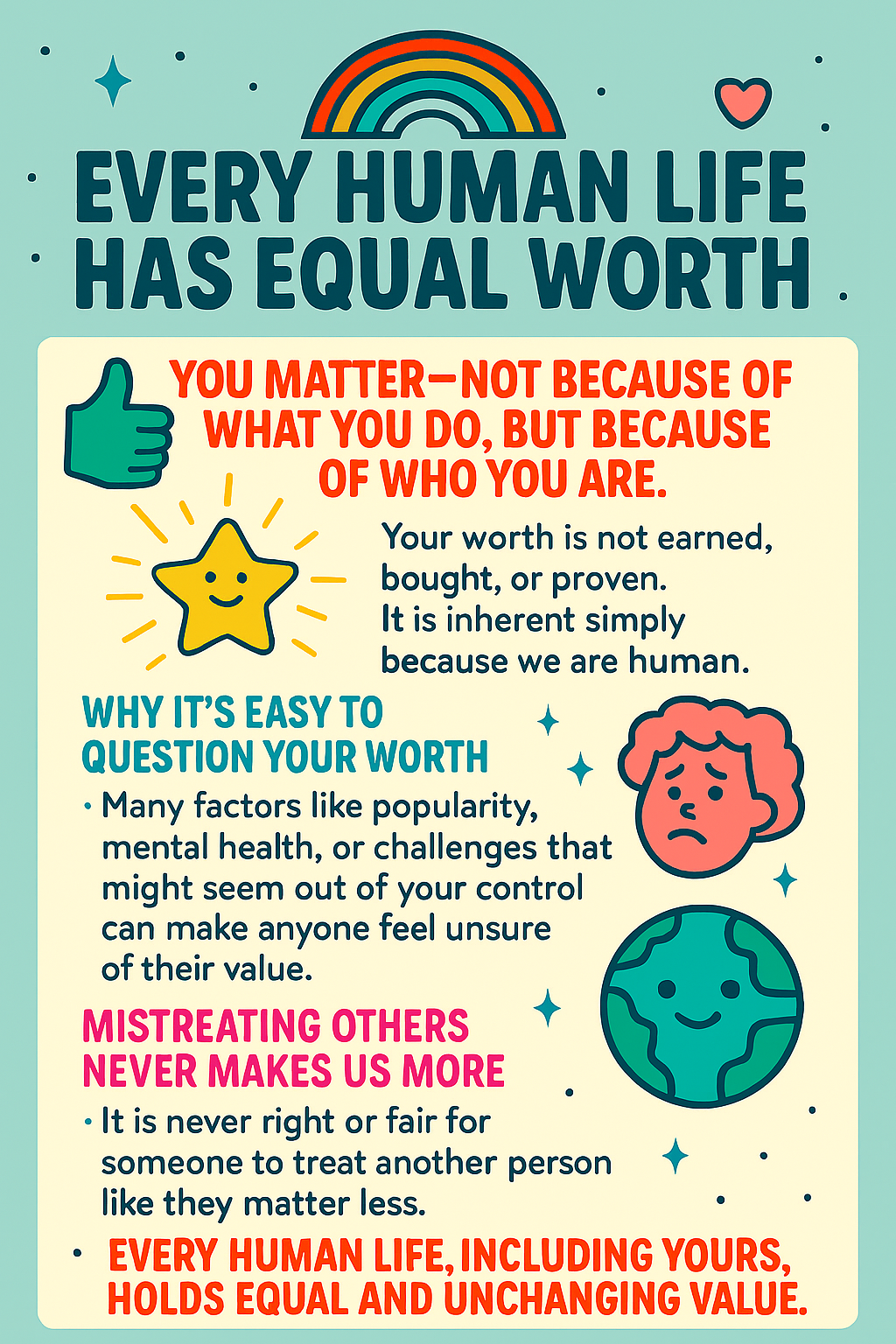As is often the case when we are talking about children, self-care for children begins with their parents. To have the resources that they will need to properly care for their children, parents must remember to take care of their own needs and business. As the old adage goes, you can’t serve from an empty pitcher.
What do children do when difficult things happen in their lives? They look to the adults around them for clues about how to feel and what to do. If their parents show signs of distress, the children will too. If their parents are calm and appear to have things under control, the children will feel comforted.
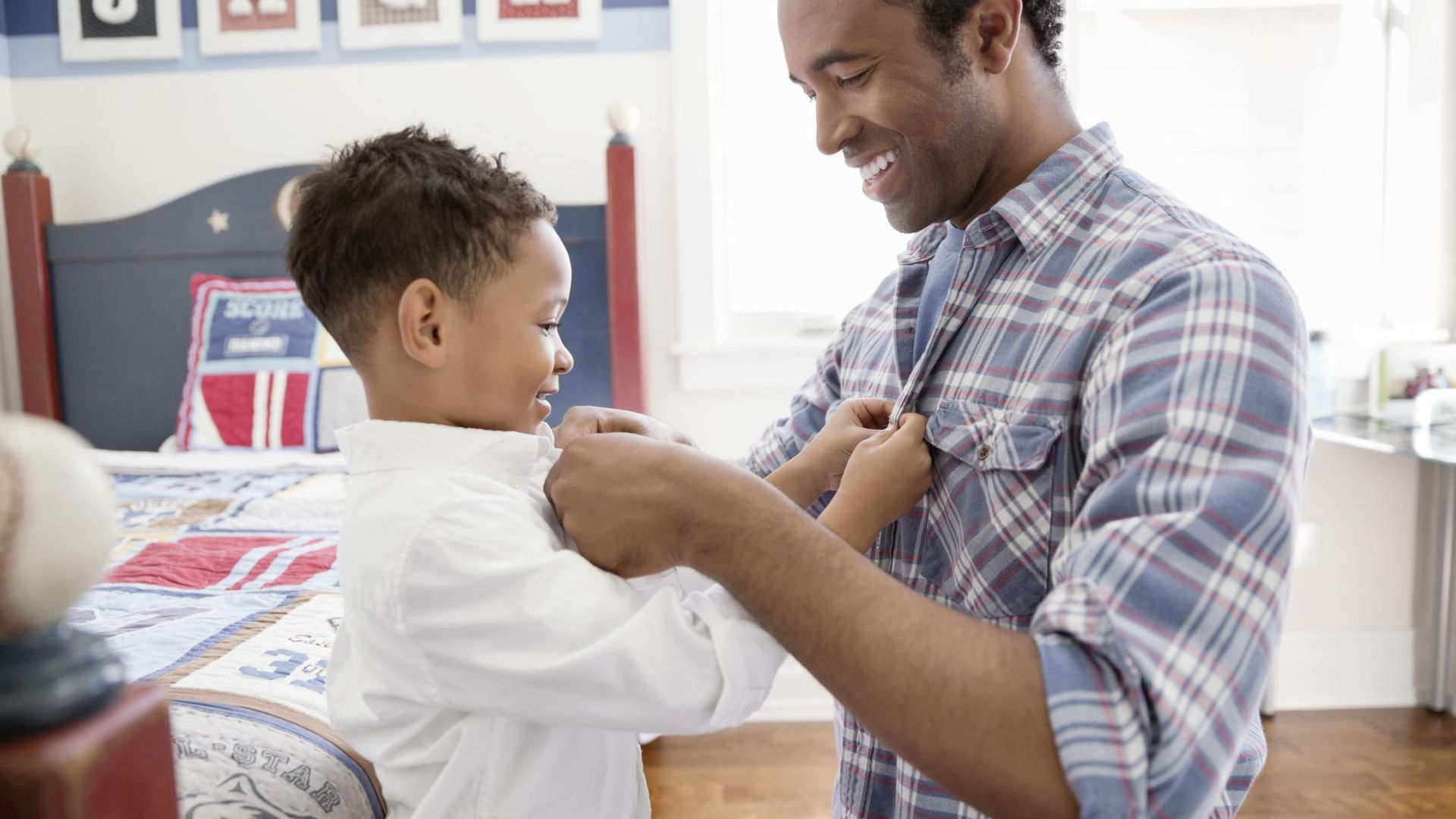
Children watch, listen and learn. Whether parents are aware of it or not, children notice what their parents do and say and feel. The best way to help children learn healthy and effective coping skills is to let them see their parents using healthy and effective coping skills. Be a good role model.
As children are growing up, parents do a good job of teaching them the basics of physical self-care. They teach them to eat healthy, to exercise and to get enough sleep. Parents make sure that their children learn basic hygiene routines, like washing their hands and brushing their teeth.
It is important to also teach children to practice basic mental self-care. This starts with teaching children to have realistic expectations for themselves. No one is perfect. It’s Okay to make mistakes. Nurturing a growth mindset leads to healthy mental habits that will last a lifetime. Components of a growth mindset include belief that hard work can lead to improvement, viewing mistakes as opportunities to learn, and willingness to persist even when things are difficult.
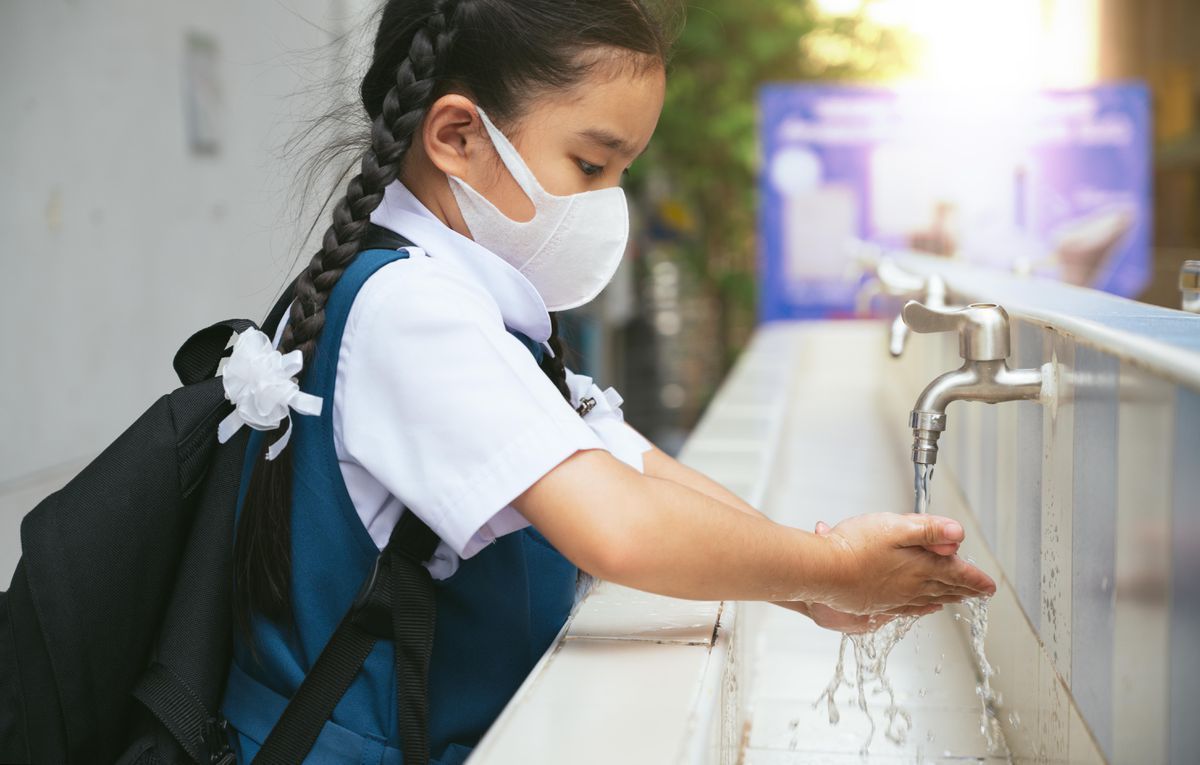
Children need to learn emotional self-care. This begins by teaching children to recognize what they are feeling and to know the names of those feelings. As children build their emotional vocabulary, feelings become less mysterious and overwhelming. Instead of telling them invalidating messages like “stop crying” or “don’t be mad” parents should help children to understand that all feelings are valid and serve a purpose. Emotional self-care also involves learning safe and healthy ways to express those emotions.
Social self-care is another valuable skill that parents can instill in their children. Children need to know that they are loveable. They need to experience relationships that are dependable, that have a nourishing quality, and that make the child feel special. As they mature and interact with more people and in a variety of contexts, children need to learn to distinguish between healthy relationships and exploitive or destructive ones. They need to develop confidence in the knowledge that they deserve to be treated with respect. Social self-care also involves being able to enjoy others’ successes and achievements, without feeling diminished by comparison.
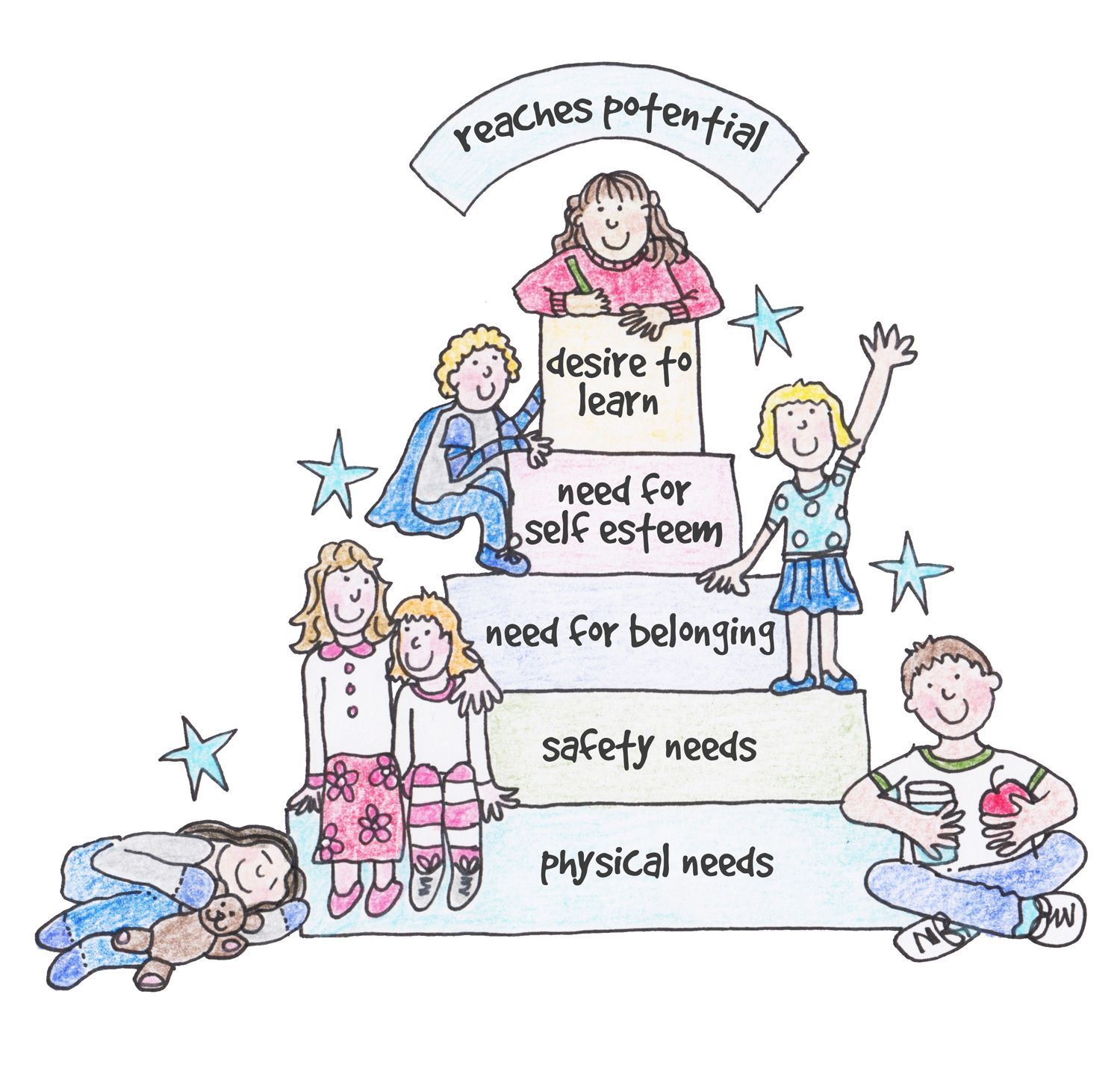
Self-esteem is essential for self-care. Whenever the topic of teaching children to value themselves comes up, there are always concerns raised from parents who don’t want their child to get an over-inflated ego. Teaching children that they are valuable is not the same as teaching them that they are better than others. Self-esteem is rooted in the belief that, at your core, you are a good person. It develops through appreciating your own abilities, strengths and characteristics. People with good self-esteem don’t have to be good at everything to feel good about themselves. While they may strive for self-improvement, they also know that they are already enough as they are. Healthy self-esteem holds a balance of awareness of what makes you special and unique as well as the ability to fit in with others.
This concludes Part 3 of our series on Self-Care Tips.
Mary M. Kreitz, LPC, CDCA has over twenty years of experience working in the field of behavioral health. She is currently the lead therapist for the
Trauma Program at
Child & Adolescent Behavioral Health, is a member of the Stark County Trauma and Resiliency Committee, and is a member of the Unity Coalition to Dismantle Racism in Stark County.
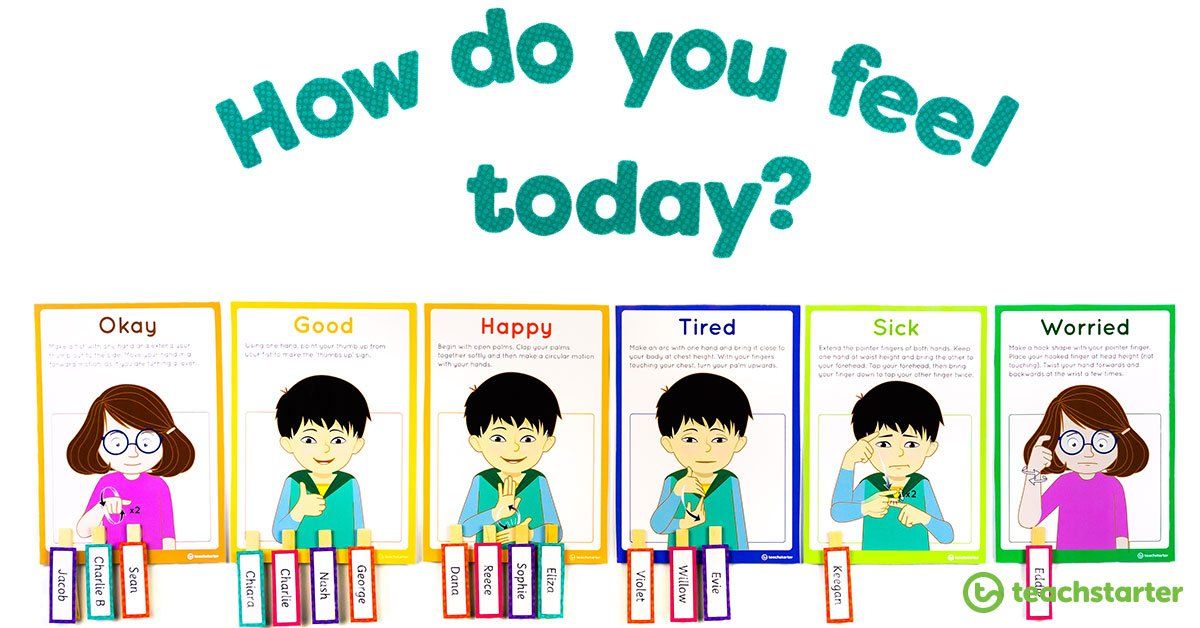
RECENT POSTS





